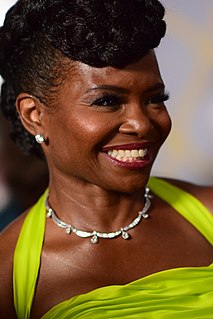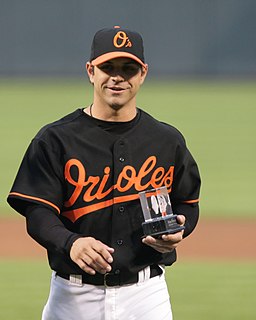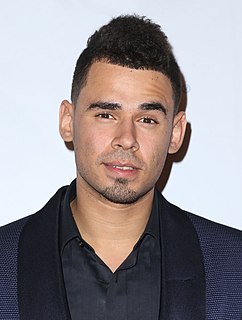A Quote by Win Butler
When I was living in Boston I worked in this store that played the college radio station. I had to listen to it all day, and I didn't care for most of it.
Related Quotes
College radio is a very important medium that needs to survive in difficult economic times when some stations are being sold off and shut down. College radio is the future for broadcasting stars and pioneers of tomorrow, and we as a band, Coldplay, support the vital mission of college radio and we also support College Radio Day, the day when college radio comes together.
I started playing music around 13 or 14, played jazz in high school, and played other stuff in college. After college, I tried to make it as a musician. I lived in a big squalid house full of dudes outside of Boston. We were all musicians. We built this studio in the basement and played there all hours of the day.



































